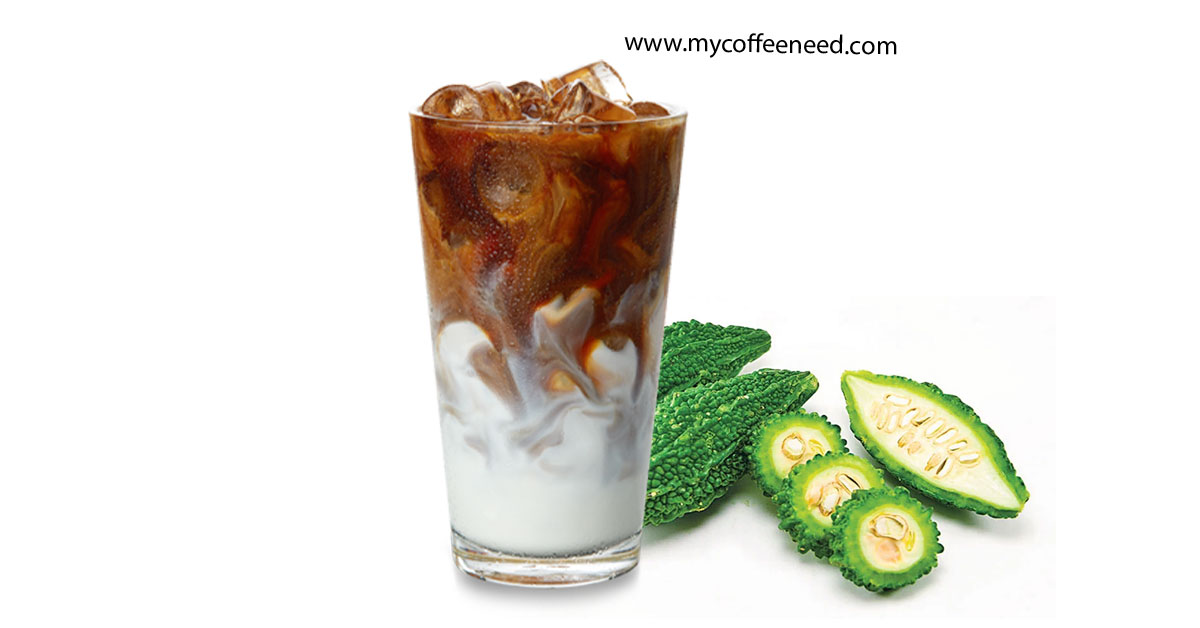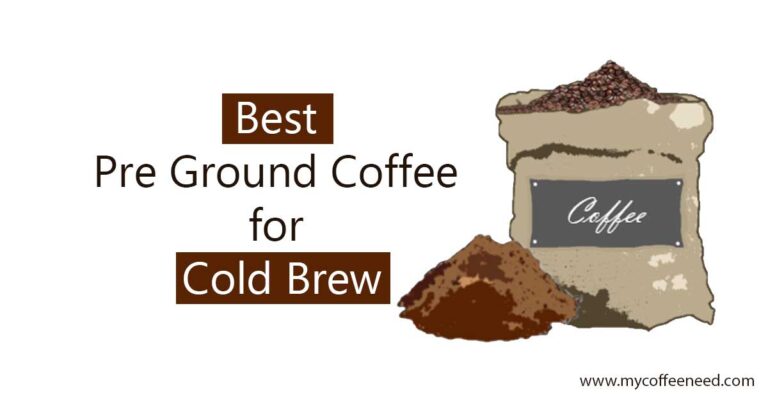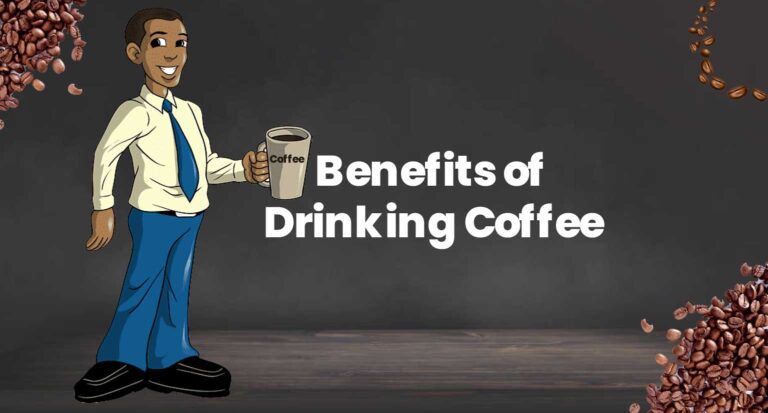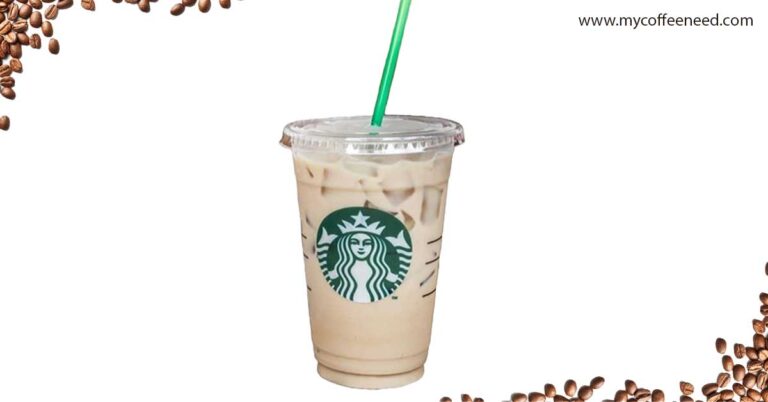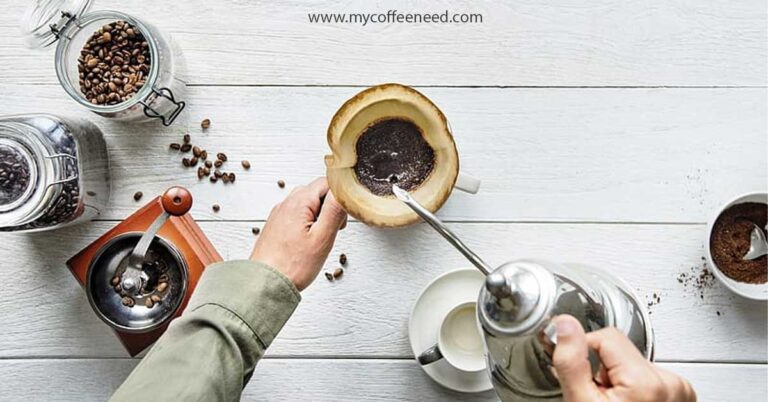How to Make Cold Brew Less Bitter
The joy of a perfectly crafted cup of cold brew coffee is unparalleled, especially when the notes of rich flavor strike a balance with the cool, refreshing finish. However, one common problem that coffee lovers frequently face is the lingering bitter taste in their cold brew concentrate. But, the good news is, there are ways to make your cold brew less bitter and tailor it to your personal preference. If you’ve found your cold brew tastes slightly off and leaves your taste buds unsatisfied, you’re in the right place.
This guide will walk you through the step-by-step process of adjusting your brewing method, grind size, type of coffee, and much more to ensure that the next time you make cold brew coffee, bitterness won’t be an issue. So, let’s delve into the world of coffee grounds, water temperature, brewing time, and discover the best way to transform your bitter cold brew into a delicious cup of coffee.
Understand Bitterness in Cold Brew Coffee
Bitter Flavors
In order to know how to make your cold brew less bitter, it’s essential to first understand what causes bitter flavors in coffee. Bitterness often comes from the extraction process when hot water interacts with coffee grounds. High temperatures can cause over-extraction, leading to a bitter cup of ground coffee. Cold-brew coffee, brewed with cold water over an extended period of time, usually has lower acidity and less bitterness due to the lower temperature. However, factors like grind size, brewing time, and the type of coffee used can still lead to a bitter taste of coffee in cold brews.
Bitter Cold Brew
While cold brewing typically reduces the bitterness of your coffee, not all cold brews are created equal. A common cause of bitter cold brew is the use of stale beans, often found in pre-ground coffee from the grocery store. The grind size can also impact the bitterness, with a coarser grind generally producing a sweeter flavor. Additionally, the brew time plays a significant role in determining the final product’s taste. Brewing for too long or with too much coffee can result in an over-extracted coffee, leaving a bitter flavor that overshadows the desired rich and smooth taste.
Bitter Notes
The bitter notes in your cold brew coffee are not always a bad thing. In fact, some coffee lovers enjoy a hint of bitterness to counterbalance the sweet spot of their brew. However, if the bitter flavors are overwhelming and impacting your enjoyment of the coffee, there are ways to bring it under control. Understanding how these bitter notes are produced during the brewing process will help you tweak your method and achieve the best flavor. So let’s dive deeper into the world of coffee brewing and learn how to make your cold brew less bitter.
Select the Right Coffee Beans and Grind Size
Choose the Roast Type
Your selection of coffee beans plays a crucial role in determining the flavor profile of your cold brew. When considering how to make your cold brew less bitter, it’s advisable to choose a lighter roast over a darker roast. Light roasts tend to have lower levels of bitterness compared to their dark roast counterparts, which are often associated with a higher concentration of bitter flavors. If your current coffee shop or grocery store offers different roast options, try a medium roast or a light roast for your next cold brew batch. You might find that these roasts yield a more balanced flavor, less bitterness, and might just hit the sweet spot on your taste buds.
Ensure Proper Grind Size
The grind size of your coffee grounds has a significant impact on the extraction process, and hence, the final taste of your cold brew. A coarser grind is generally recommended for cold brew coffee. This is because coarser grinds expose less of the coffee’s surface area to water, leading to slower extraction and less bitterness. If you’re using a coffee grinder at home, adjust the settings to achieve a coarser grind. Pre-ground coffee often has a fine grind size, which is great for hot brewed coffee but may result in over-extracted coffee and a bitter cold brew. Thus, grinding your fresh beans at home can offer you more control over the taste of your coffee.
Achieve the Optimal Water and Coffee Ratio
Golden Ratio
Finding the “golden ratio” of water to coffee is an essential step in making your cold brew less bitter. Many coffee enthusiasts suggest a 1:5 ratio for cold brew, meaning one part coffee to five parts water. However, this is not a hard-and-fast rule, and the ideal ratio can vary depending on the type of coffee and your personal taste. For those starting their journey in the world of cold brew, this ratio can be a good starting point. From there, adjustments can be made based on the results until you find the perfect balance that suits your preference.
Personal Preference
Your ideal coffee to water ratio might not be the same as the “golden ratio,” and that’s perfectly fine. Everyone’s taste buds are unique, and thus, the best ratio is the one that results in a cup of cold brew that you enjoy. If you find your brew too strong and bitter, try reducing the amount of coffee or increasing the amount of water. In contrast, if your brew is too weak, add more coffee or reduce the water. Remember, it’s all about your enjoyment, so don’t hesitate to tweak the ratios until you find the perfect blend that yields a delicious cup of coffee with just the right level of bitterness for you.
Optimize the Brewing Process
Determine Brew Time
Time is a critical factor when it comes to brewing coffee, and more so with cold brew. Unlike hot coffee, which can be brewed in a matter of minutes, cold brew requires patience, often taking anywhere between 12-24 hours. But what does this mean for bitterness? Extended brew times can lead to over-extraction, resulting in a more bitter cold brew. So, if you’ve been letting your brew steep for a long period, you might want to cut back. A sweet spot for many coffee lovers is usually around 16-18 hours. However, the perfect brew time varies depending on personal preference, so feel free to experiment until you find the right duration that results in the best flavor.
Consider Brewing Methods
There are various ways to prepare cold brew coffee, from the simple mason jar method to using specially designed cold brew coffee makers. Each method has its advantages and can impact the final product’s taste. For instance, the French press method allows for a full immersion brew, which can yield a rich flavor. Meanwhile, using a drip coffee method can lead to a different flavor profile. If you’ve been experiencing too much bitterness in your cold brew, it might be worth trying a different brewing method. Keep in mind that no matter the method, ensuring you use coarse grind coffee and cold or room temperature water, along with monitoring the brewing time, will go a long way in reducing bitterness.
Adjust Water Temperature and Brewing Duration
Lower Temperature
Temperature plays a significant role in the extraction process of coffee. High temperatures can result in a faster extraction, releasing more of the bitter compounds present in coffee. Cold brew, as the name suggests, is brewed with cold water, which leads to a slower extraction and typically a less bitter coffee. However, the term “cold” can be a bit misleading. Using refrigerated water can lead to an extremely slow extraction, which may not fully extract the flavors from the coffee grounds. Instead, aim for room temperature water when starting your cold brew. This will provide a good balance, allowing for a full extraction without the risk of too much bitterness.
Less Time
How long should you steep your cold brew coffee? While it’s common to see a brewing time of 24 hours recommended for cold brew, this doesn’t mean that you have to steep your coffee for a full day. In fact, brewing for this length of time can often result in a more bitter taste. For a less bitter cold brew, consider reducing the brewing time. Start by testing a brew time of around 16 hours and adjust up or down based on your taste. Remember, coffee brewing is as much art as it is science, so don’t hesitate to experiment to find the perfect brew time for your tastes.
Improve Extraction Process
Use the Right Filtration Method
When it comes to reducing the bitterness in your cold brew, choosing the right filtration method can make a world of difference. Metal filters, like those found in most French press coffee makers, allow more coffee oils and fine grounds to pass through, which can contribute to a stronger, potentially more bitter cup of cold brew. Paper filters, on the other hand, catch more of these oils and fine grounds, leading to a cleaner, smoother, and less bitter cup. If your cold brew has been consistently coming out bitter, consider trying a brewing method that uses a paper filter to see if it makes a difference.
Opt for a Coarser Grind
A finer grind can lead to over-extraction and thus a more bitter cup of coffee. To make your cold brew less bitter, try opting for a coarser grind. This will slow down the extraction process, allowing the water more time to pull out the sweet and flavorful compounds from the coffee before the bitter ones. Most coffee grinders allow you to adjust the grind size, so experiment with coarser settings until you find one that delivers the perfect balance of flavors for your cold brew. Remember, the goal is to achieve a grind that results in the optimal extraction, creating a brew that is flavorful but not bitter.
Personalize Your Cold Brew Taste
Add Sweeteners and Flavor Enhancers
When it comes to personalizing your cold brew coffee, sweeteners and flavor enhancers can play a significant role in reducing perceived bitterness. A dash of sugar, maple syrup, or a squeeze of simple syrup can mask bitter flavors and bring a new dimension to your cold brew. Additionally, almond milk or a pinch of salt can help mellow out the bitter notes and provide a richer and smoother cup of coffee. Be careful not to overdo it, though, as too much sweetener can overwhelm the coffee’s natural flavors. Start with a small amount and adjust according to your taste buds.
Experiment with Different Ratios
One of the best things about making cold brew coffee at home is the ability to experiment with different ratios of coffee to water. The ratio can significantly impact the taste of your coffee, including its bitterness. If you find your cold brew is consistently too bitter, consider reducing the amount of coffee you use or increasing the amount of water. These adjustments can help dial down the intensity of the brew and make it less bitter. Remember, there’s no ‘one size fits all’ when it comes to the perfect coffee ratio – it all comes down to your personal preference. So, don’t be afraid to experiment and find the ratio that delivers your perfect cup of cold brew.
Conclusion
Mastering the art of making the perfect cold brew is a journey. It involves understanding the intricacies of the brewing process, from choosing the right coffee beans and grind size to achieving the ideal water to coffee ratio, optimizing brewing time, and refining the extraction process. To make your cold brew less bitter, consider applying the tips shared in this article.
Remember, coffee brewing is highly personal and what works for one person might not work for another. The best way to find your perfect brew is by experimenting and tweaking the process until you hit that sweet spot. Whether you prefer your coffee light and sweet or rich and robust, the key is to create a brew that delights your taste buds and gives you that much-needed energy boost.
So, arm yourself with a coffee grinder, fresh beans, and your favorite brewing equipment, and embark on your journey to create a less bitter cold brew. It’s all about finding your balance and savoring the process as much as the final product. And the good news is, each cup of coffee you brew brings you one step closer to your perfect cold brew. Enjoy the journey, coffee lovers!
Related Articles:

